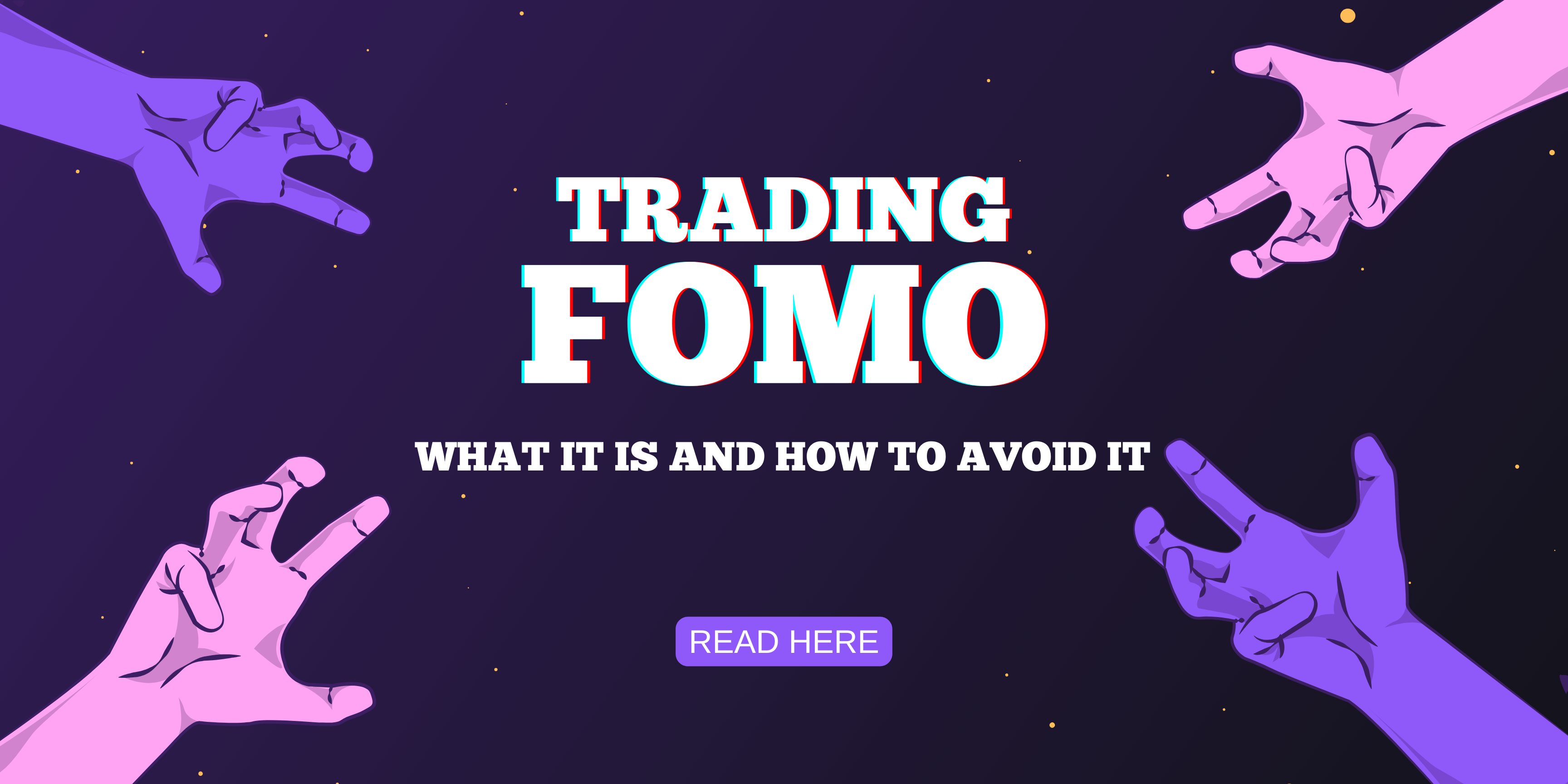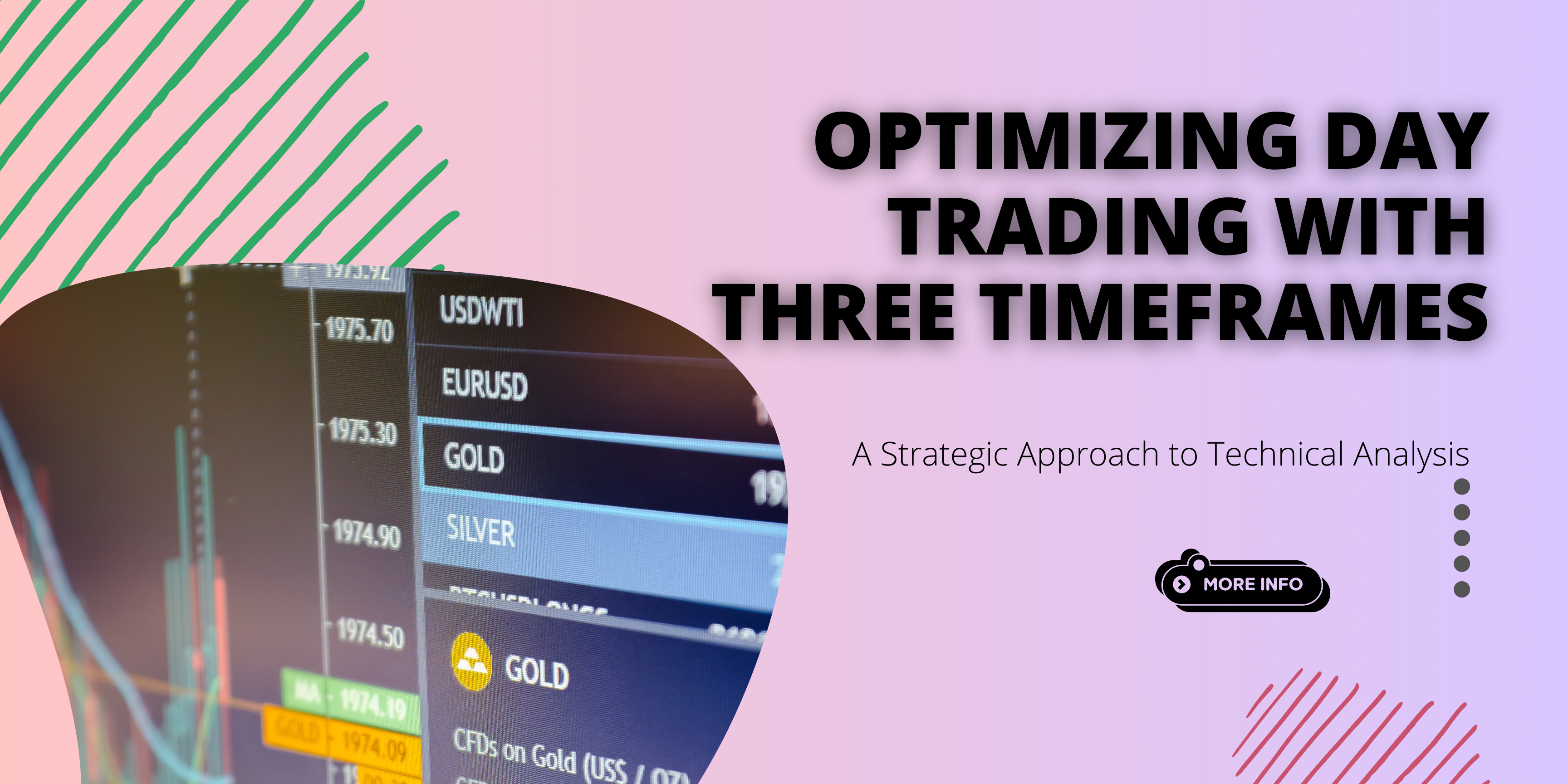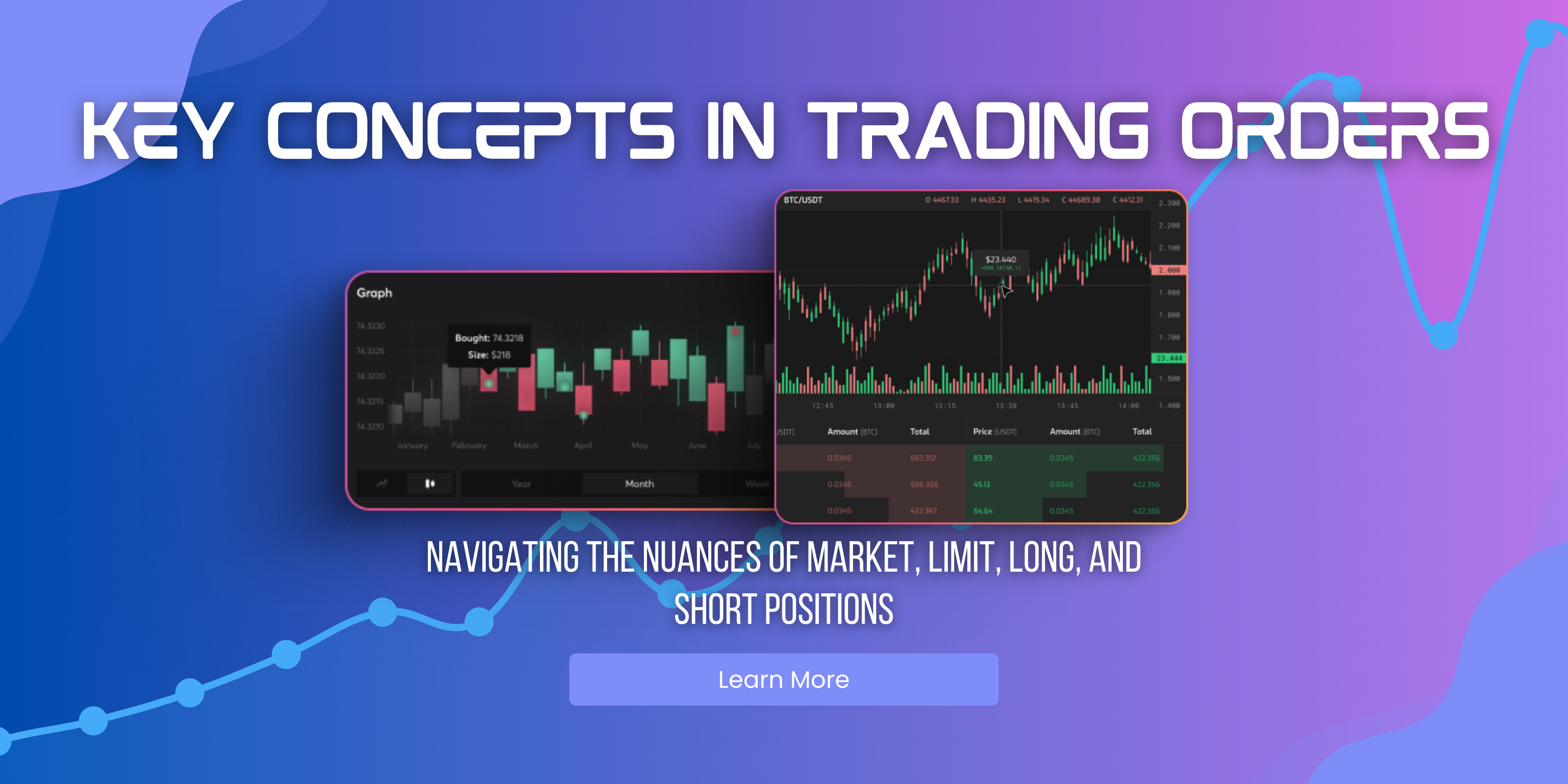CFD trading, or Contract for Difference trading, is a type of derivative trading that allows investors to speculate on the price movements of underlying assets without owning them. It’s a popular trading method among experienced traders due to its high leverage and potential for profit. However, for beginners, it can be a risky endeavor.Before diving …
Is CFD Trading Good for Beginners?: Part 1 of 3

CFD trading, or Contract for Difference trading, is a type of derivative trading that allows investors to speculate on the price movements of underlying assets without owning them. It’s a popular trading method among experienced traders due to its high leverage and potential for profit. However, for beginners, it can be a risky endeavor.
Before diving into CFD trading, beginners should ensure they understand the basics of CFD trading, including leverage, margin, and stop-loss orders. Leverage is a tool that allows traders to control a larger position with a smaller amount of capital, but it also increases the risk of losses. Margin is the amount of money required to open a position, and stop-loss orders are designed to limit losses by automatically closing a position when the market moves against the trader.
While CFD trading can be attractive to beginner traders due to its potential for high returns, it’s important to choose a reputable CFD broker. This will help ensure that your trades are executed fairly and that your funds are secure. In the following sections, we will explore the pros and cons of CFD trading for beginners and provide tips on how to get started.
What is CFD Trading?
Definition of CFD Trading
CFD trading, or Contract for Difference trading, is a method of trading in which the buyer and seller agree to exchange the difference in the value of an asset between the opening and closing of a trade. CFDs allow traders to speculate on the price movements of an underlying asset, such as shares, commodities, or forex, without owning the underlying asset itself.
In CFD trading, the buyer does not own the underlying asset, but instead, they enter into a contract with the seller that pays out the difference between the opening and closing price of the asset. This means that traders can take advantage of both rising and falling markets, as they can profit from the difference in price, regardless of whether the asset’s value goes up or down.
How CFD Trading Works
CFD trading works by using leverage, which means that traders can open positions with a fraction of the total value of the underlying asset. This allows traders to potentially make larger profits with smaller initial investments, but it also increases the risk of losses.
When a trader opens a CFD position, they are required to deposit a margin, which is a percentage of the total value of the underlying asset. The margin acts as collateral for the trade, and it is used to cover any potential losses that may occur.
Traders can also use stop-loss orders to limit their potential losses, or take-profit orders to lock in their profits. These orders automatically close the trade when the asset reaches a certain price level, helping traders to manage their risk and protect their profits.
Overall, CFD trading can be a good option for beginners, but it also involves significant risk. It is important for beginner traders to understand the basics of CFD trading, including leverage, margin, and stop-loss orders, and to choose a reputable CFD broker.
Is CFD Trading Suitable for Beginners?
CFD trading can be an attractive option for beginner traders, but it also involves significant risks that need to be considered. Here are some of the challenges and potential benefits of CFD trading for beginners.
Challenges for Beginners
One of the main challenges for beginners in CFD trading is the high level of risk involved. CFDs are complex financial instruments that require a good understanding of the market and trading strategies. Beginner traders need to be aware of the risks associated with leverage, margin, and stop-loss orders.
Potential Benefits for Beginners
Despite the challenges, CFD trading can offer some potential benefits for beginner traders. One of the main benefits is the low capital requirement. Beginner traders can start trading with a relatively small amount of capital, which makes it accessible to a wider range of people.
Another potential benefit is the ability to trade on margin. This means that traders can open positions with a much larger value than their initial investment. While this can increase profits, it also increases the risk of losses.
CFD trading can also be a good way to diversify a trading portfolio. By trading CFDs on different markets, traders can spread their risk and potentially increase their returns.
Overall, while CFD trading can be suitable for beginners, it is important to understand the risks involved and to choose a reputable broker. Beginner traders should also start with a small amount of capital and trade with caution.
Understanding the Risk in CFD Trading
CFD trading can be a lucrative investment opportunity, but it also involves significant risks. As such, it is important for beginner traders to understand the risks before they start trading. This section will explore two of the main risks involved in CFD trading.
Leverage Risk
One of the key features of CFD trading is leverage, which allows traders to control a large position with a relatively small amount of capital. However, this also means that losses can be magnified if the market moves against the trader. For example, if a trader uses 10:1 leverage and the market moves 1% against their position, they will lose 10% of their investment.
To manage leverage risk, it is important to use stop-loss orders and to avoid over-leveraging. Stop-loss orders can help limit losses by automatically closing out a position if it reaches a certain price level. Over-leveraging, on the other hand, can lead to significant losses and should be avoided.
Market Volatility
Another risk involved in CFD trading is market volatility. The prices of CFDs can be affected by a range of factors, including economic news, geopolitical events, and changes in interest rates. This can lead to sudden and significant price movements, which can result in losses for traders.
To manage market volatility risk, it is important to stay up-to-date with the latest news and events that could affect the markets. Traders should also use risk management tools, such as stop-loss orders, to limit losses in the event of sudden price movements.
Overall, CFD trading can be a high-risk, high-reward investment opportunity. Beginner traders should take the time to understand the risks involved and to develop a solid risk management strategy before they start trading.
Claudio abbado trading platform, Claudio abbado forex trading, Claudio abbado forex crypto, Claudio abbado bitcoin, Claudio abbado trading exchange








